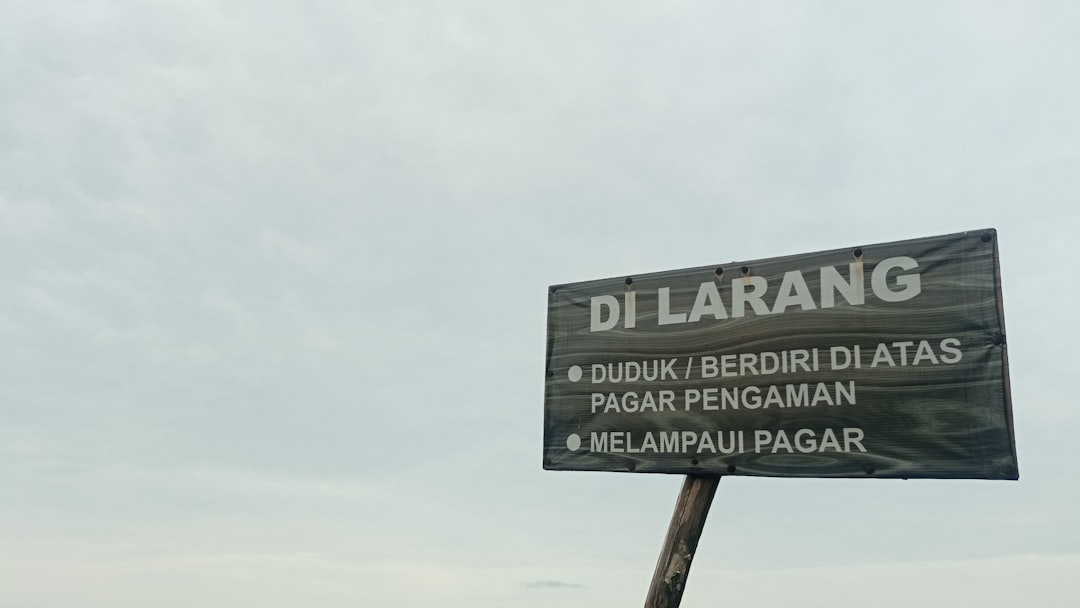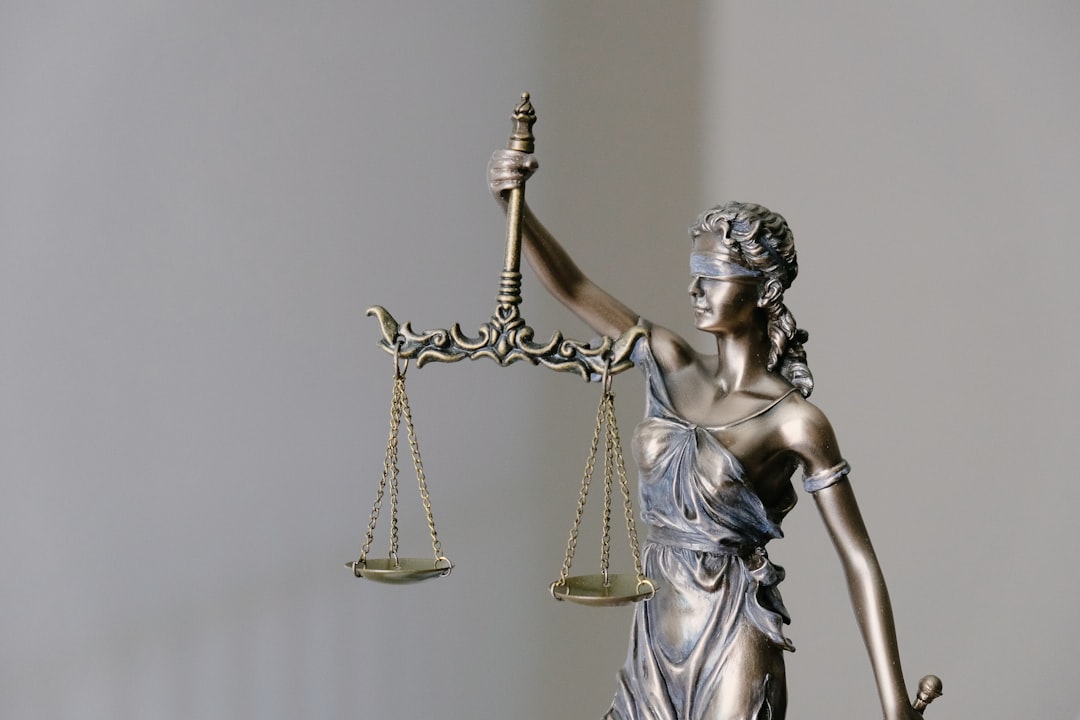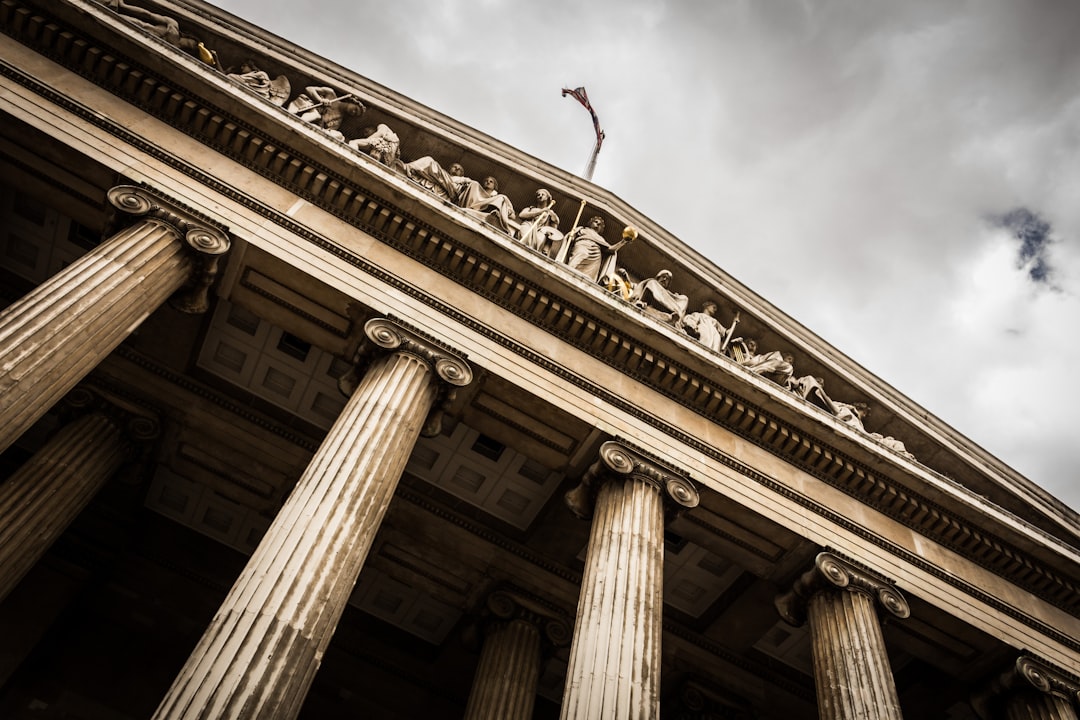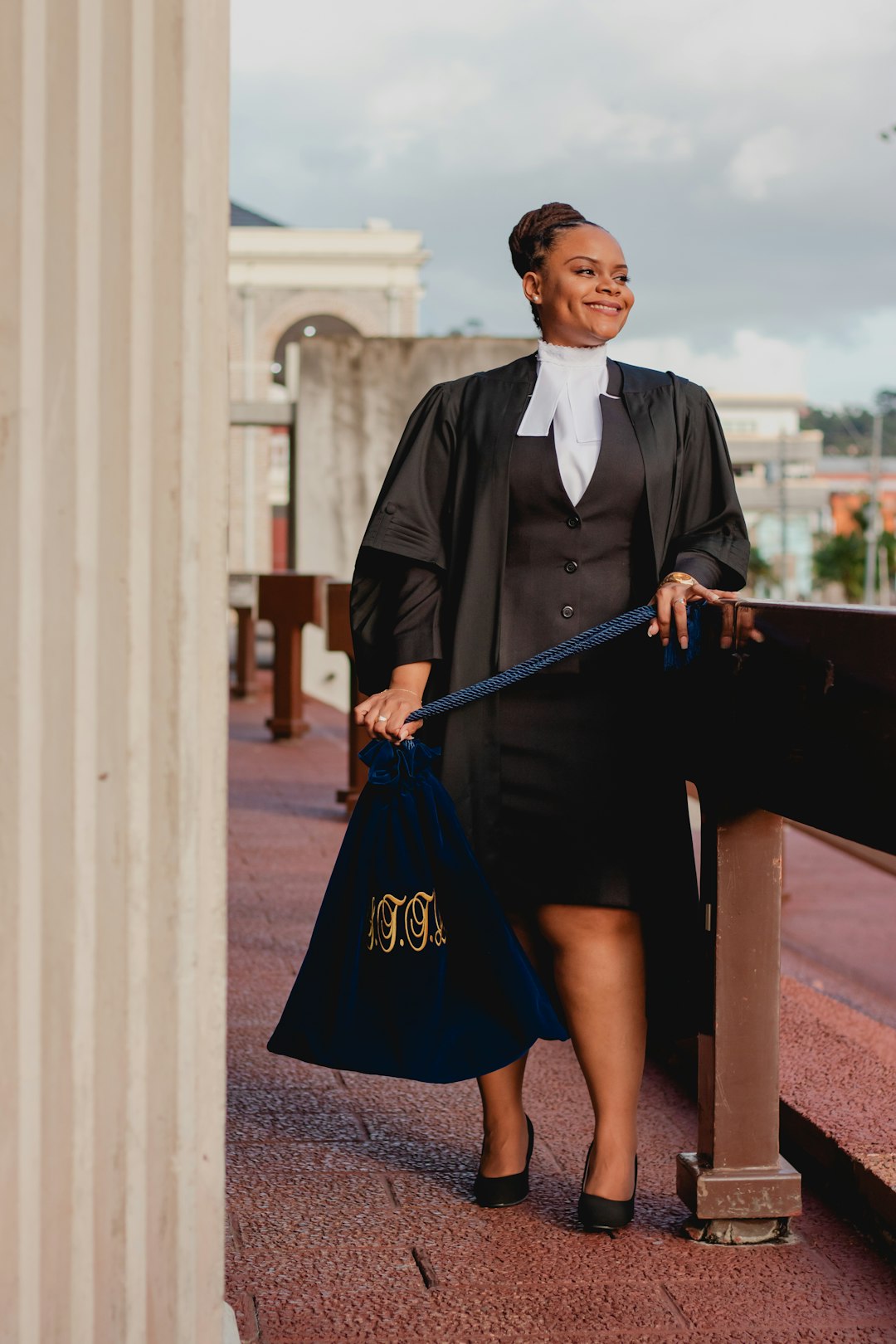LGBTQ+ youth in South Carolina face heightened risks of sexual abuse due to social stigma and limited access to supportive resources, including specialized legal services. Conservative cultural climate isolates them, making it difficult to seek help. There's a pressing need for increased awareness, education, and accessible resources like sexual assault lawyers in South Carolina to protect and support these youth. Specialized attorneys advocate for their rights, provide guidance on consent, and ensure fair treatment within complex legal processes.
In South Carolina, LGBTQ+ youth face unique challenges, with sexual abuse serving as a devastating reality for many. This article delves into the multifaceted impact of sexual violence within this community, exploring vulnerability, prevalence rates, and legal hurdles. We highlight the specific struggles survivors encounter and the vital support systems available. Furthermore, it emphasizes the crucial role of sexual assault lawyers in advocating for change and justice. Understanding these issues is essential to building a safer environment for LGBTQ+ youth and ensuring appropriate legal representation.
Understanding LGBTQ+ Youth Vulnerability in South Carolina
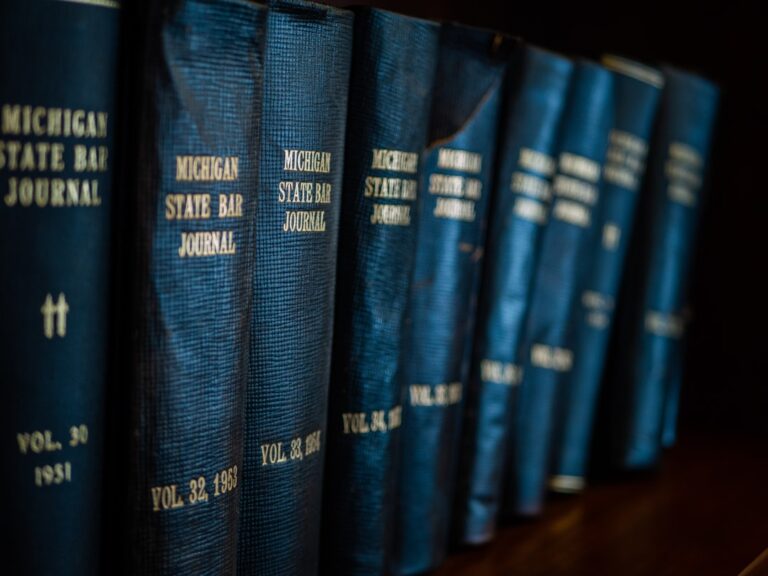
LGBTQ+ youth in South Carolina face unique challenges that can increase their vulnerability to sexual abuse, making it a pressing issue in the state. Factors such as social stigma, lack of supportive resources, and limited access to specialized legal services for LGBTQ+ individuals contribute to a dangerous environment. Many LGBTQ+ youth struggle with acceptance and visibility, often hiding their identities to avoid discrimination or prejudice, leaving them at higher risk of exploitation and assault.
South Carolina’s conservative cultural climate can further isolate LGBTQ+ youth, making it difficult for them to seek help. They might feel intimidated by the legal system or afraid of judgment from authorities, especially with limited representation from sexual assault lawyers specializing in LGBTQ+ cases. This vulnerability highlights the need for increased awareness, education, and accessible resources to support these young people and ensure they receive the necessary protection and justice.
Prevalence of Sexual Assault Against This Community
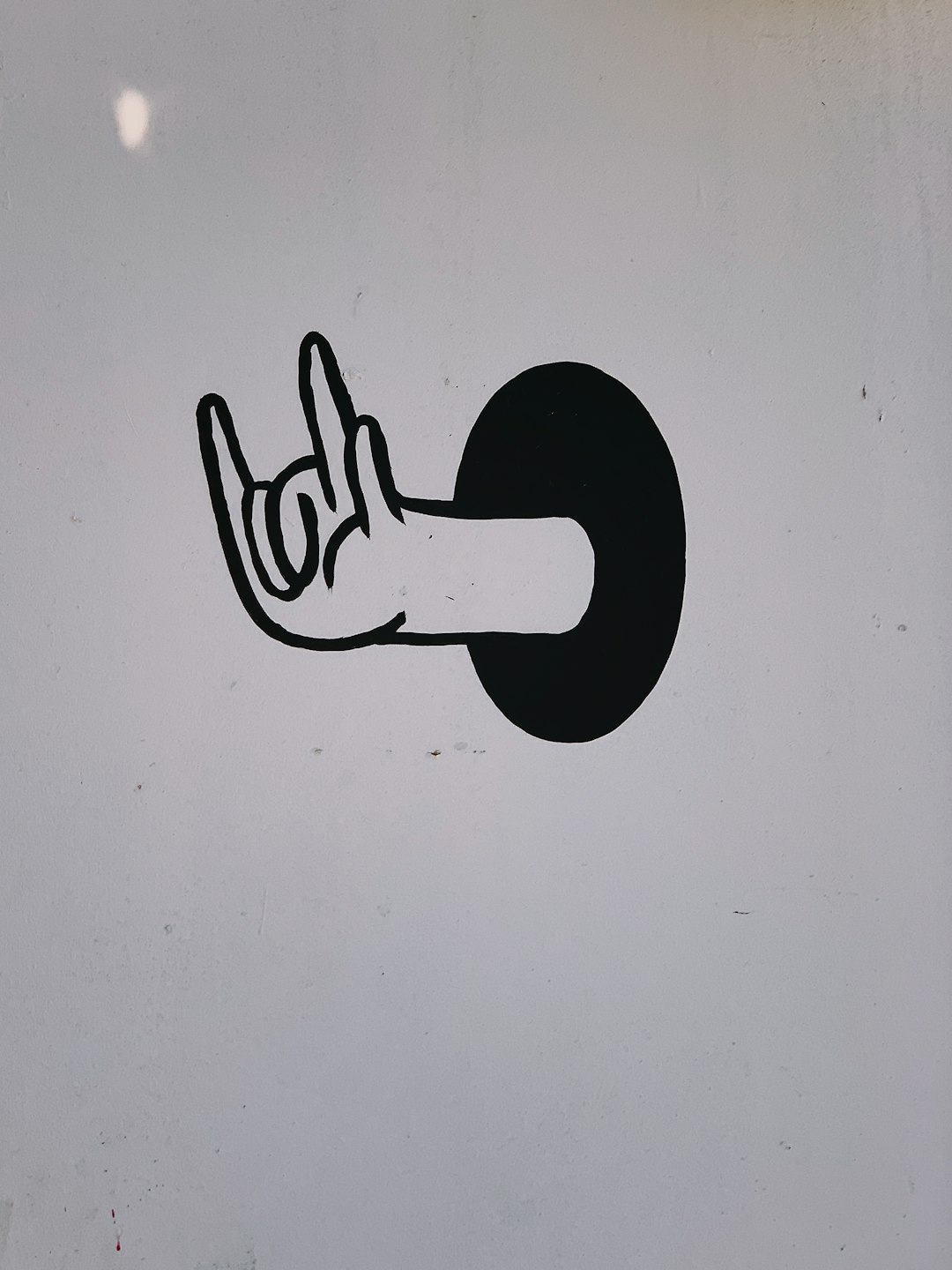
In South Carolina, LGBTQ+ youth are at a heightened risk of experiencing sexual abuse, with statistics indicating a worrying trend. The state’s legal system has seen an increase in cases involving sexual assault against this vulnerable community, underscoring the need for comprehensive support and awareness. Many LGBTQ+ young people face unique challenges when it comes to reporting such crimes due to fear of discrimination, stigma, or lack of understanding from authorities. This makes them more susceptible to prolonged trauma and psychological distress.
Sexual assault lawyers in South Carolina play a pivotal role in advocating for the rights of these victims. They provide legal representation tailored to the specific needs of LGBTQ+ individuals, ensuring their voices are heard and justice is served. With specialized knowledge, these attorneys can navigate complex legal processes, offer guidance on consent, and help establish safe spaces for survivors to share their stories without judgment.
Unique Challenges Facing Survivors in Legal Proceedings

Surviving sexual abuse within the LGBTQ+ community presents unique challenges, especially when navigating legal proceedings in South Carolina. LGBTQ+ youth often face additional barriers to justice due to stigma and discrimination, which can make reporting and pursuing legal action against perpetrators difficult. The fear of further marginalization or backlash from a system that may not be supportive can deter survivors from seeking the help they deserve.
In legal contexts, these young people might encounter prejudice from law enforcement, prosecutors, or even judges, who may not be adequately trained in understanding LGBTQ+ issues and experiences. This lack of sensitivity can lead to inadequate investigations, misclassification of evidence, or dismissal of cases. Therefore, having specialized sexual assault lawyers in South Carolina who are equipped with knowledge about LGBTQ+ matters is crucial for ensuring survivors receive fair treatment, justice, and support throughout the legal process.
Support Systems and Resources for Healing and Justice
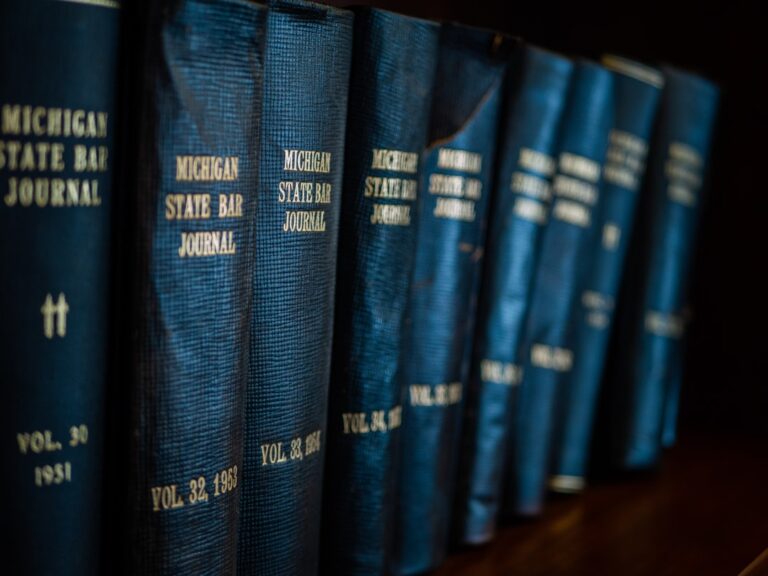
Healing from sexual abuse is a complex process, especially for LGBTQ+ youth who may face additional challenges due to stigma and discrimination. Building support systems is vital in their journey towards justice and recovery. Many organizations in South Carolina offer specialized services tailored to this community, including therapy, peer support groups, and legal aid.
LGBTQ+ individuals can access sexual assault lawyers in South Carolina to navigate the legal system and seek justice. These lawyers are equipped to handle cases involving discrimination, harassment, or abuse, ensuring that victims’ rights are protected. Additionally, there are hotlines, shelters, and community centers providing resources for immediate assistance, safe spaces, and long-term support, fostering an environment where healing can begin and continue.
Advocating for Change: The Role of Sexual Assault Lawyers

In the fight against sexual abuse, especially within the LGBTQ+ community in South Carolina, sexual assault lawyers play a pivotal role in advocating for change and justice. These legal professionals are equipped to handle complex cases involving minority youth, ensuring their rights are protected. By specializing in sexual assault cases, they offer crucial support and guidance, helping survivors navigate often challenging legal processes.
Sexual assault lawyers in South Carolina work tirelessly to raise awareness, challenge societal norms, and push for policy reforms. They collaborate with local organizations, community leaders, and other professionals to create a network of support tailored to the unique needs of LGBTQ+ youth. Through strategic litigation and public advocacy, these lawyers contribute significantly to shaping a more inclusive and supportive legal environment, ultimately empowering survivors to come forward and seek the justice they deserve.
